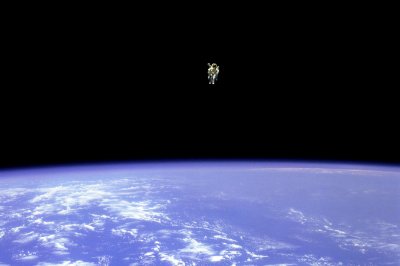Topic: Thomas More
Sir Thomas More (7 February 1478 – 6 July 1535), also known as Saint Thomas More, was an English lawyer, author, and statesman who in his lifetime gained a reputation as a leading Renaissance humanist scholar, and occupied many public offices, including Lord Chancellor (1529–1532). More coined the word "utopia", a name he gave to the ideal, imaginary island nation whose political system he described in Utopia, published in 1516. He was beheaded in 1535 when he refused to sign the Act of Supremacy that declared King Henry VIII Supreme Head of the Church of England.
In 1935, four hundred years after More's death, Pope Pius XI canonized him in the Roman Catholic Church. More was declared Patron Saint of politicians and statesmen by Pope John Paul II in 2000. In 1969, More's name was included in the General Roman Calendar, with a Memorial in which he is venerated with Saint John Fisher on 22 June, the day of the latter's death. In 1980, More was added to the Church of England's calendar of saints, again jointly with John Fisher, but on July 6, the day of More's death.
Born in Milk Street, London, Thomas More was the eldest son of Sir John More, a successful lawyer who served as a judge in the King's Bench court. The younger More was educated at St Anthony's School and was later (1491) a page in the household service of John Morton, the Archbishop of Canterbury, who declared that young Thomas would become a "marvellous man." Morton sent More to attend the University of Oxford for two years as a member of Canterbury Hall (subsequently absorbed by Christ Church), where he was a friend of Erasmus, John Colet, and William Lilye. A pupil of Thomas Linacre and William Grocyn, More studied Latin and logic. He then returned to London, where he studied law with his father and was called to the bar. Admitted to Lincoln's Inn in 1496, in 1501 More became a barrister, where he was eminently successful.
It uses material from the Wikipedia article "Thomas More."





